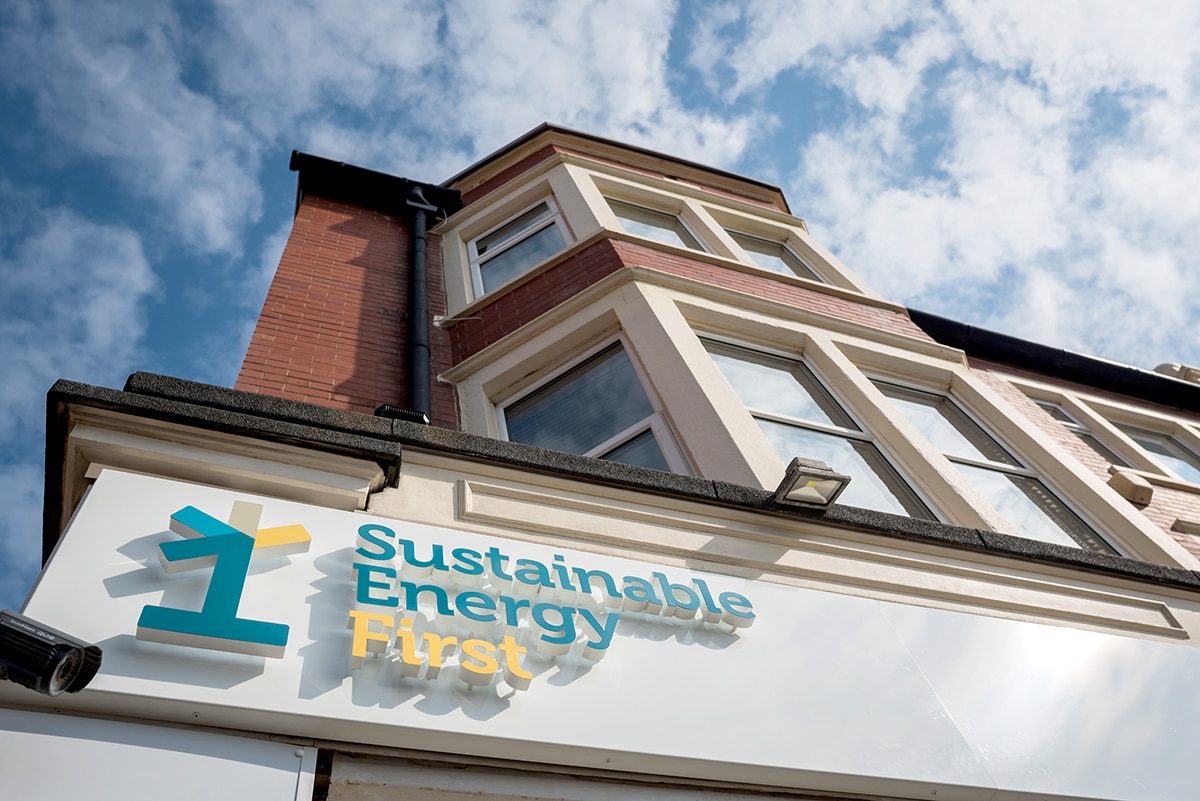Does it pay to think ahead?
April sees the opening of the so-called Forecast window, when Carbon Reduction Commitment (CRC) participants can purchase carbon allowances in advance for 2017-18.
It’s only an option. Participants can otherwise order allowances retrospectively in the Buy-To-Comply (BTC) sale.
The incentive for paying up front? It’s cheaper to use the Forecast sale. However, less than a third of CRC participants used the Forecast sale last year. Why not more?
Two reasons. First, the incentive isn’t huge. In absolute terms, it’s about 6% cheaper. This isn’t insignificant, especially for big emitters. However, the allowances need to be paid for 15 months sooner: for CRC year 2017-18, Forecast sale users pay in June 2017; for BTC, it’s September 2018. So if the same funds could get you a 5% annual return elsewhere in the meantime, you may be no better off paying in advance.
The second snag is cashflow. Switching from BTC to Forecast means making two CRC payments in a four-month period, in June (for 2017-18) and September (for 2016-17). Although this will save a retrospective payment later, in the short term it can mean quite a hit in the wallet.
Round Numbers Plc
Let’s take an example. Round Numbers Plc use exactly 10m kWh of electricity and the same of gas every CRC year. For CRC year 2016-17, that would equate to 6,303 tCO2 (down from 6,804 tCO2 in 2015-16 – owing to a sharp reduction in the carbon intensity of electricity).
With the allowance costs at £16.10 (Forecast) or £17.20 (BTC), this would have cost £101.5k in advance, or £108.4k retrospectively, a difference of almost £7k. That’s 6% cheaper in absolute terms.
However, had Round Numbers Plc switched entirely from BTC to Forecast last year, they’d have seen combined payments of over £216k within four months – that’s £101k for the 2016-17 Forecast sale, payable in June 2016, followed by £115k for the 2015-16 BTC sale in September 2016.
Investment opportunity
So, if it’s supposed to be financially advantageous but isn’t really, why consider the Forecast sale at all?
Aside from potential savings where cash flow isn’t a factor, its big advantage is the flexibility it offers. This is because choice of allowance sale isn’t an either/or decision – you can order any quantity of allowances in advance, whether or not they’ll meet (or exceed) projected total requirements.
So, if you find that you’ve got, say, £50k unallocated in April, you can effectively ‘invest’ it at a guaranteed ~5% return, as it will save you £3k in 15 months’ time: this being the difference between the value of allowances that £50k will buy at £16.60 and at £17.70 per allowance.
Any shortfall can be made up at BTC costs the following year, and any surplus can just be rolled over up until 2018-19. As CRC allowance costs go up annually in line with RPI, all you’ll lose on these is the difference between RPI and the interest you’d have got elsewhere.
If cashflow allows, you can even purchase more than one year’s worth of allowances up front, which avoids the price hike in allowance costs for 2018-19, the final year of CRC. This isn’t going to be for everyone, but it is an option.
(As an aside, the EA have just confirmed that no reimbursements will be made for unused CRC allowances following the final year of CRC, so anyone using the Forecast sale in 2018-19 is advised to do so very cautiously!)
Uncertainty: carbon factors
The final point to note is that the 2017 UK emission factors, which will be used to convert electricity and gas use into carbon for CRC year 2017-18, won’t be published until June – which is after the Forecast order window closes. As the electricity carbon factor can change substantially, this leads to a slightly odd situation whereby Forecast sale users won’t know for sure how much electricity and gas consumption their allowances will offset until two months after they’ve ordered them. The 10% fall in the electricity carbon factor last year, for instance, meant that many Forecast sale users – who’d used the previous conversion factor in their projections – had a significant surplus at the end of the year.
How Inenco can help you
If you’ve got any queries about the Forecast sale, or about CRC or carbon management in general, contact us to find out how we can help you. Call us today on 08451 46 36 26 or email enquiries@inenco.com





